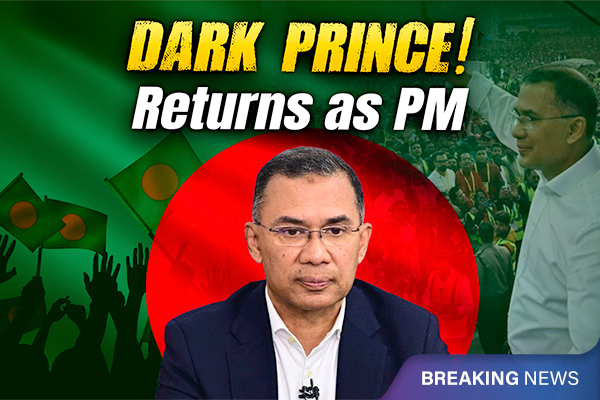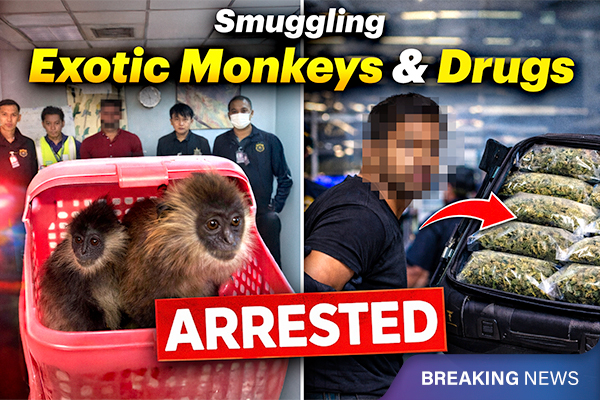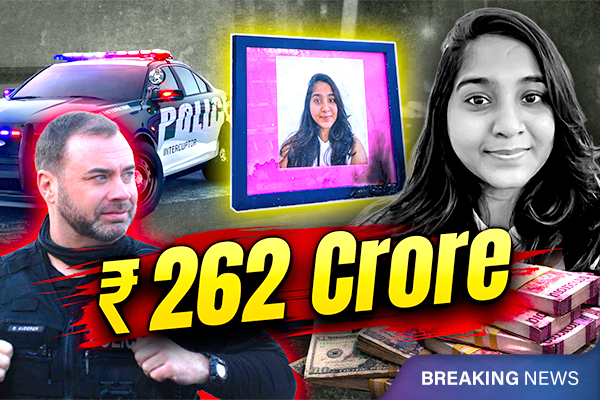Rashmika Mandanna Deepfake: 3 years Jail, Rs.1 Lakh Fine
Deepfake videos of celebrities like Rashmika Mandanna highlight the need for legal measures as Indian authorities remind social media platforms of their obligations under IT rules.
Deepfake technology is a technology that enables cybercriminals to not only alter their voices to mimic someone else but also manipulate videos to make them appear genuine. The latest victim of deepfake is actor Rashmika Mandana. A recent viral video has gone viral where actor Rashmika Mandanna can be seen entering an elevator. However, upon closer examination, it turns out to be a deepfake – a digitally manipulated video. The deception is so convincing that it has garnered millions of views, with over 2.4 million views on the social media platform X, formerly known as Twitter. Abhishek Kumar, a journalist, shared the video on X, raising concerns about the need for new legal and regulatory measures to combat the spread of fake content on the internet. The initial video was originally shared on Instagram on October 8, featuring a woman named Zara Patel. There is no evidence to suggest that Patel was involved in the creation of the deepfake video. It remains a mystery who created the fake video and what their motivations were. Sadly, this is not an isolated incident, as various celebrities from different fields have fallen victim to similar fake videos in recent years. The video was also shared by actor Amitabh Bachchan, who tweeted saying that the deep fakes are a “strong case for legal”. Actor Rashmika Mandanna saw the video and said on Twitter, "I feel really hurt to share this and have to talk about the deepfake video of me being spread online.” Union Minister of State for Ministry of Electronics and Information Technology of India Rajeev Chandrasekhar Tweeted and posted on X and said,”PM Modi’s Govt is committed to ensuring the Safety and Trust of all DigitalNagriks using the Internet.”
Under the IT rules notified in April, 2023 - it is a legal obligation for platforms to
- ensure no misinformation is posted by any user.
- ensure that when reported by any user or govt, misinformation is removed in 36 hrs.
If platforms do not comply with this, Rule 7 under IPC will apply and platforms can be taken to court by an aggrieved person under provisions of IPC. Deep fakes are the latest and even more dangerous and damaging form of misinformation and need to be dealt with by platforms. The ministry’s two letters, dated November 6 and 7, were issued by the cyber laws division of the ministry. They reminded the social media platforms of their obligations under the Information Technology (Intermediary Guidelines and Digital Media Ethics Code), 2021. The 2 letters said, “The law mandates social media platforms to remove violating content within 36 hours only after receiving a court or government order to that effect. When a user, or someone on behalf of the user, raises a grievance, the earliest it needs to be resolved is 72 hours. It also cited Section 66D of the Information Technology Act, 2000, under which anyone who uses a communication device or a computer resource to cheat by “personating” can be punished with three years in jail and a fine of up to ?1 lakh.







